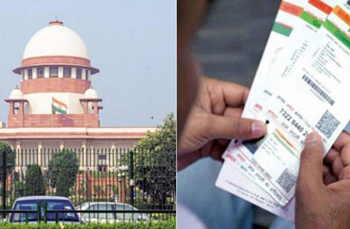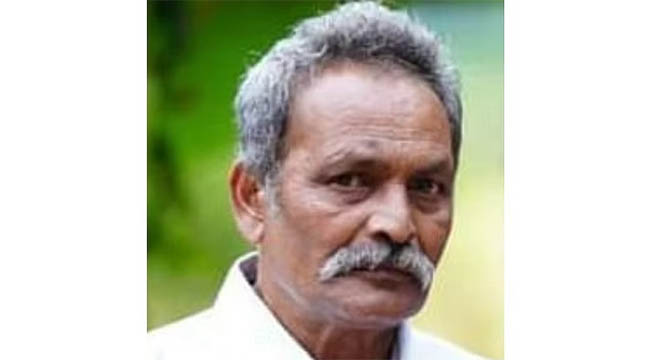New Delhi, Jul 19: A nine-judge Constitution bench of the Supreme Court on Wednesday began hearing arguments to determine whether the right to privacy is a fundamental right under the Constitution. Senior advocate Gopal Subramanium initiated the hearing before the bench headed by Chief Justice J S Khehar saying that the rights to life and liberty are pre-existing natural rights.

The nine-judge bench also comprises Justices J Chelameswar, S A Bobde, R K Agrawal, Rohinton Fali Nariman, Abhay Manohar Sapre, D Y Chandrachud, Sanjay Kishan Kaul and S Abdul Nazeer. The bench is dealing with the limited issue of right to privacy and matters challenging the Aadhaar scheme would be referred back to a smaller bench.
There are some preambular values which are to be read with fundamental rights, Subramanium said. The preamble has multiplicity of expressions which include some from American Constitution and some from continental countries, he added.
“Liberty is the fundamental value of our Constitution. Life and liberty are natural existing rights which our Constitution has. Now can liberty be at all experienced without privacy. Can liberty be exercised without privacy at least with regard to all the Fundamental Rights of the Constitution,” he said.
The hearing is in progress. The apex court had on Tuesday set up the Constitution bench after the matter was referred to a larger bench by a five-judge bench.
The five-judge Constitution bench headed by the CJI, which was to deal with pleas challenging the validity of the Aadhaar scheme and the right to privacy attached to it, was faced with the two past verdicts, delivered in 1950 and 1962 by larger benches, holding that the right to privacy was not a fundamental right.
The apex court had said the nine-judge bench would deal with the limited issue of right to privacy and the correctness of the two judgements.
A three-judge bench had in 2015 referred to a larger bench a batch of pleas, including the one filed by Justice (retd) K S Puttaswamy, challenging the validity of the Aadhaar scheme and the aspect of right to privacy attached to it.
The apex court had agreed to set up a bench on July 12 to deal with Aadhaar-related matters after the attorney general and senior advocate Shyam Divan, appearing for petitioners, had jointly mentioned the matter.
The petitioners had claimed that collection and sharing of biometric information, as required under the scheme, was a breach of the “fundamental” right to privacy.
Allowing the Centre’s plea, the court had framed various questions, including whether right to privacy was a fundamental right, to be decided by a Constitution bench.








Comments
Add new comment